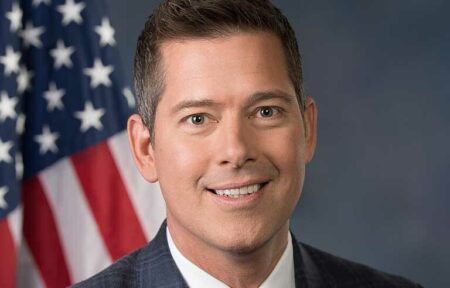Led by the Delaware Department of Transportation (DelDOT), the I-95 Corridor Coalition has launched a three-month pilot study into the feasibility of replacing the current fuel tax with a mileage-based user fee (MBUF) or road user charging (RUC) system.
A group of transportation agencies, toll authorities, public safety and related organizations, running along the route of Interstate 95 from Maine to Florida on the USA’s East Coast, the coalition
was awarded US$3.1m for a multi-year, two-phase study as part of the US Department of Transportation’s (USDOT) Surface Transportation System Funding Alternatives (STSFA) program.
Congress has authorized up to US$95m in federal grants over a five-year period to explore alternative systems of transportation funding. Results of studies across the country will help policymakers decide on the next steps toward finding alternative revenue mechanisms to maintain the long-term solvency of the Highway Trust Fund (HTF).
Through this new study, the coalition will explore the challenges of managing out-of-state mileage and interoperability with toll authorities. The study will also explore some of the value-added benefits available to drivers through MBUF. The program has two parts:
• Phase 1 is a focused pilot, which will run in Delaware from May 1 to the end of July. It has more than 120 participants, including Department of Transportation officials, legislators, members of the media and other stakeholders. While MBUF pilot programs have taken place in other states, such as Oregon, California, and Colorado, this pilot will be the first to examine the unique challenges presented by multi-state travel and toll interoperability;
• Phase 2 will include a multi-state truck pilot in partnership with a private company, to assess the synergy between current reporting requirements on commercial vehicles and MBUF. This is scheduled to begin in 2019.
There are many questions to be resolved before any transition from a gas tax funded system to an alternative method, and significant education and outreach are required. The I-95 Coalition has launched a website, to ensure that the public is kept informed about the project.
“The fundamental question we are beginning to address is, as fuel tax revenue declines in the future due to improving efficiency and the growing use of alternative fuel vehicles, how will we pay to maintain and build infrastructure?” said Delaware’s secretary of transportation, Jennifer Cohan. “This study is just a first step of many and will help us answer questions about mileage-based user fees and whether this is an alternative worth pursuing further.”
Dr Patricia Hendren, executive director of the I-95 Corridor Coalition, added, “The majority of MBUF studies have happened in western states, and this study brings the East Coast perspective and its unique challenges, such as managing out-of-state mileage and synergies with toll authorities. While the I-95 Corridor Coalition is neutral regarding MBUF as the ultimate solution for transportation funding, we want to make sure that the voices of citizens along the corridor are part of the national discussion.”




